|
Yesterday I celebrated finishing a big chapter in my journey of development as a Facilitator of people centred permaculture work. The year long programme involved mentoring creating and undertaking 3 designs for my work, participating in a variety of online and face to face gatherings with others doing the same course, and maintaining a reflective journal of my learning, experience and accountability.
The course has been a really important and motivating factor underpinning my current work as a permaculture practitioner and designer. I'll be spending the next month or so designing the next phase of my work, developing the workshops, mentoring, designing and tutoring work already undertaken as well as exploring some exciting new project ideas. These will be detailed and updated here on my website Last night, as I spent time on Skype with others from the course, sharing my portfolio of designs and reflections on experiences of the past year, I felt so much gratitude that I have been able to be part of this programme. It felt very fitting to use my own "5 Elements" permaculture tool, inspired by my Earth Based spirituality, to guide my reflections in this presentation. This tool is something I will be writing more about in another post. Doing the Facilitator training has been a fantastic way of taking a lot of the design knowledge and experience gained in my Diploma in Applied Permaculture Design to a new level, as well as making and embedding connections with some other wonderful practitioners focusing on people centred permaculture projects. For more details about participating in future People & Permaculture facilitator training see this link - you can also read more about my experience of the training here
1 Comment
Strands of Infinity is the latest book from Permaculture Designer and teacher Looby Macnamara. Its a beautiful collection of poems written by Looby, (and one poem by her 8 year old daughter Teya), over recent years. Subtitled "Poetry to reconnect", this is exactly what this powerful writing does. Connecting the personal, political and spiritual we are encouraged to explore how these intertwining threads manifest in our own life journeys. The poetry in this book is inspirationally written for both for sharing at events and gatherings, alongside our own personal reflection. With themes such as "Change the story", "Gratitude as Attitude," "This Woman is Rising" and "Will Humankind Survive", Looby's poems are wonderfully accessible on many levels to a diverse audience. I can strongly recommend Strands of Infinity as a tool for our present and our futures.
Today has a been a beautiful day and I've very much been inspired to join in with Three Things Thursday - An Exercise in Gratitude again. The sun has shone on a crisp, cold January Thursday, and I have been off work. I had a beautiful walk up Buckden Pike with little, George the Jack Russell, from the fab George Inn at Hubberholme, followed by a trip to spend time at the farm further up the Dale. My currently 'pausing' Edible Garden is to the naked eye, overgrown and abandoned. On closer observation, the raised beds and growing baby trees were full of birds and other evidence of all kinds of diverse, healthy flora and fauna flourishing. As the sun went down and I made my way back to Skipton, I called into one of my favourite Fair Trade shops, Namaste, which I visit about twice a year, and bought some lovely new clothes there, with money my dad had sent me for my birthday. And then to finish the day I met my lovely freind, Yvonne, a wonderfully talented textiles artist, for chats about art, life, death an getting older, over great Kashmiri food at The Aagrah. Yvonne gave me these beautiful felted gloves she had made. You can check out her website here. So actually, many more than three things to be gateful for today. Looking forward to more Thursday gratitude reflections throughout 2017.
Yesterday I faciltated an informal two hour workshop, "Design Your 2017" at the wonderful Settle Community and Business Hub, in Settle, North Yorks. The main aim of the workshop was to use a creative design process to inspire and empower people to develop their own planning system, in order to help achieve goals they have for the year ahead. Ten women from four counties, (including Ann via Skype), came along, and we spent a lovely morning sharing experiences, ideas and tools, with guidence from The Design Web by Looby Macnamara The workshop was a new project for me and it felt like a positive way of using people centred permaculture design in non permaculture focused settings. Some women in the group use permaculture in other areas of their lives and others didn't. My general observations throughout the morning, and then the feedback afterwards, indicated that the format was really accesible to all though. The event could have definately been extended to perhaps a whole day, but overall this workshop design seemed to be really sucessful and its definately something I would repeat again. We left with plans to reignite a monthly gathering in Settle, in order to create a space for momentum, reflection , support and sharing of our 2017 stories. Its exactly a year since I completed the wonderful People and Permaculture Facilitation (FIT) training Attending the Permaculture Association's Thriving Communities Gathering this weekend, and meeting up with Anna and Charlie who had also attended the FIT training, got me thinking about how FIT and the resulting monthly online gatherings, had influenced my permaculture design/work. Anna, Charlie and myself, all facilitated key workshops focusing on People Centred Permaculture projects, at the Thriving Communities Gathering - it felt like a very meaningful presence, bringing our applied and tested designs focusing on People Care and Fair Shares, to the event. More details about our workshops, (text taken from the event programme) - Reciprocity in Communities - Working with deprivation - with Charlie Gray of Horton Community Farm & Grow Bradford, 1.30pm This workshop is about creating reciprocal relationships in deprived communities, of which Charlie has great experience to share through her work in and around Bradford. Charlie is part of a LAND permaculture Centre in Bradford, West Yorks as well as Grow Bradford and Plenty, all food related organisations which are helping to transform food systems across Bradford by various means. The next steps for these projects are all focused on how to link underprivileged and privileged areas and how to run projects across these areas to best effect. www.hcf.org.uk Using the Design Web - Diploma Accreditation with Anna Locke, 3.00pm An accreditation event is the culmination of the Diploma in Applied Permaculture Design, in which the apprentice makes a 45 minute presentation of a selection of their design work to a peer group panel made up of Diploma holders and Design Course Certificate holders. This panel also inspects the student's portfolio and assesses the work against the accreditation criteria. Anna Locke is presenting highlights from her 3 year diploma journey. Her 10 designs reflect her paid work as a community gardener as well as a playful translation of some of the classic land-based permaculture concepts into reality --- e.g. Hugelkulture, biodiversity, using edges, green manures, grafting, irrigation, creating structures and more. The presentation is in two parts- first an overview of the 10 designs- 7 of which are in London and 3 of which are within a very large community forest project in Sussex. The second part is about a growing connection with the use of the design web. Because of the complex nature of community gardening Anna started using the design web and doing people-centred designs. There is a clear progression along the 10 designs journey and she will be giving her thoughts, tips, observations and reflections gathered along the way. annalockediploma.weebly.com Creative Dying: Permaculture Design for end of life care - Katie Shepherd, 1.30pm Creative Dying uses permaculture design at its centre. The workshop will encourage participants to explore creative, positive and unique approaches that we can take to design the end of our lives and how we die. It will appeal to the many people throughout the world already using permaculture to increase resilience and healing in other aspects of their life and work. www.ktshepherdpermaculture.com My current designs, especially the development of my overall Right Livelihood and then Creative Dying, (using permaculture to design how we die), have evolved and grown in a really effective way over the past year, with much of the knowledge and experience of the FIT training being core to this deepening growth. My next steps over the following month are to document these designs into a publicly accessible format, meaning others can benefit from more accessible People Focused design information. This has been on my "would love to do" mindmap for a long time. Its something Jan Martin from The Snail of Happiness (TSOH) writes every week, and its so inspiring. Word from TSOH is that Three Things Thursday was invented by Emily of Ms Emily’s Home for Full-Grown Nerds , who writes ... ....three things that make me smile: an exercise in gratitude – feel free to steal this idea with wild abandon and fill your blog with the happy.... There has been a lot of writing about the personal and community (global?) benefits of expressing gratitude, recently. One article I particularly like is from happierhuman.com So here it is, my first Three Things Thursday post Dried apples and tomatoes snack - care of my lovely friend Pippa who I met up with for a drink last week. Pippa and her husband Andrew run a permaculture project Those Plant People near Keighley, West Yorks. Their North facing land grows a massive variety of food all the year round. They use a dehydrator as one of the ways they preserve the harvest. Urban Death Project The Urban Death Project is developing an innovative new model of death care that honours both our loved ones and the planet earth. At the heart of this model is a new system called Recomposition that transforms bodies into soil.....In our vision of the future, Recomposition will happen inside buildings designed for the communities they serve. Gardens are nourished by the soil created inside, as we connect with the cycles of life...and death. I feel so connected to this project. Its inspiration has been key to my own design around permaculture and death - Creative Dying - The start of my own mini-indoors garden design, in my current accommodation. Just having a few plants on a window ledge has made such a difference to my life in the last few days, especially as the days in the UK are SO short and dark just now - more to follow about this design! Chillies, almonds, sowing winter seeds, designing wild spaces, planting and cooking by the full moon, gifted food.....gratitude
Today Im really proud to have been guest blogging on the wonderful The Snail of Happiness blog (written by my friend Jan Martin). You can read the post about my Creative Dying project here.
Today is World Mental Health Day - there are so many elements to good or poor mental health, many - discrimination, privilege, environmental destruction, global conflicts, war, seemingly unstoppable ravage by our political systems - feel massive and completely beyond our control, These are often some of the reasons that people choose to learn about permaculture and how to use it in their lives and work. Many people I meet in the permaculture community, and beyond, explicitly express chronic grief for the Earth, despite lots of amazing permaculture design work being undertaken by them on our lands and in our communities. Much of the grief seems to comes in waves of intensity. Leaving people and their projects damaged, sick and unable to function to achieve the desperately needed regenerative results. I firmly include myself within this collective grief and I believe there are ways of things we can do, personally and in our local/online communities which can help. Help us to heal, make us more resilient, and regenerate. Some of them are listed below. I know from experience that permaculture design with its principles and ethics can make so much difference to mental and emotional health, and can offer further holistic tools in addition to the ones suggested above by the World Federation For Mental Health I find Looby Macnmaras Design Web really useful process for personal design. Its web pattern reflects the web like nature of mental health – none linear, diverse connections. I’m not the only one, I know many other people who are using permaculture to improve their holistic health in so many ways. Permaculture design may not be able to take away the structures and harm which feeds our on-going despair and grief, but for me it has made a long-lasting difference in how I live and thrive despite times when my grief has seemed overwhelming. The theme for this years World Mental Health Day is ‘Psychological first aid and the support people can provide to those in distress’ – today I will be doing some mindmapping and observations around this with the aim of creating a community design focusing on this theme. Other related resources you may find useful
Overcoming burnout part 7 - Composting Grief - Nicole Vosper Active Hope - How to face the mess we are in without going crazy - Joanna Macey and Chris Johnson People and Permaculture - Looby Macnamara New FB Group – Perma-Health What's Your Grief The Earth Path - Starhawk - more information on The Well of Grief Water in Plain Sight
Judith D. Schwartz St Martin’s Press July 2016 Water in Plain Sight is another engaging informative work from Judith D Schwartz. It furthers many of the issues she explored in her 2013 book Cows Save The Planet, alongside discussing some very timely new topics. In Water in Plain Sight we learn many disturbing and essential to understand accounts about how our global history of violence towards our planet, in the form of agricultural practices, hunting and deforestation are drastically altering access to water. Then contributing to the destruction of our land and communities via political turbulence, discrimination, conflict and suffering on massive scales. Judith takes us on a journey around the globe, Zimbabwe, Mexico, California, Ohio, Texas, Western Australia and introduces us to a wonderfully diverse group of people who are demonstrating some amazing ways of how they are re-engaging with the natural cycles of water, particularly in slowing water cycles down. In turn these scientists, farmers and caretakers of land tell the stories of soil, water and community regeneration through their practices. The most powerful message I gained from Judith’s book though, is that drought is due to how soil holds and moves water, rather than a lack of rainfall, and that this flow and cycle is crucial to take into account in combating climate change. Schwartz’s writing style as an Investigative Journalist, as in Cows Save The Planet, cleverly connects a huge amount of widely researched material which links the personal and the political. She ensures that the messages in her work are accessible to all of us, regardless of how much we already know about global water/drought subjects. Reading and then rereading Schwartz’s work has again given me inspiration to make some very real positive changes in our communities and lands. I can recommend it to all. Water in Plain Sight provides us with motivation and hope, in the form of a whole global toolbox of solutions to actively heal our planet with. |
my blogregular updates and reflections about the permaculture designs in my life archives
December 2020
categories
All
|
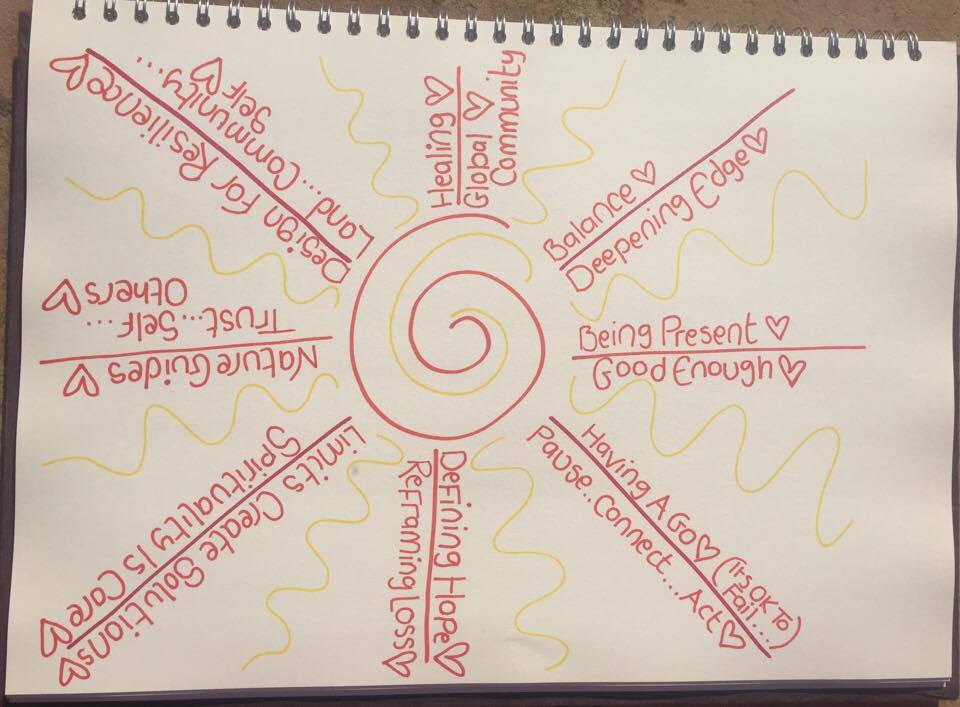
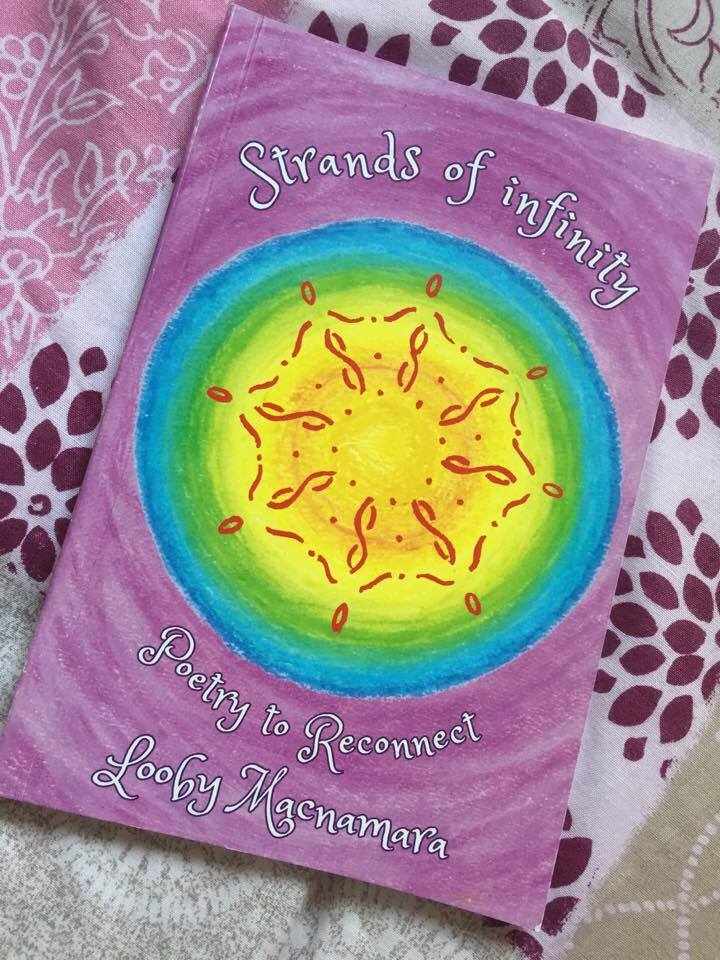
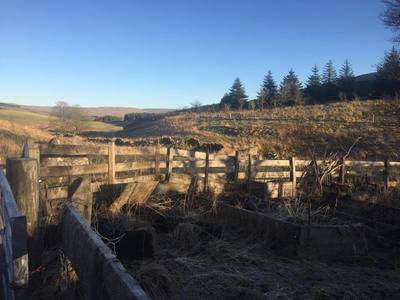
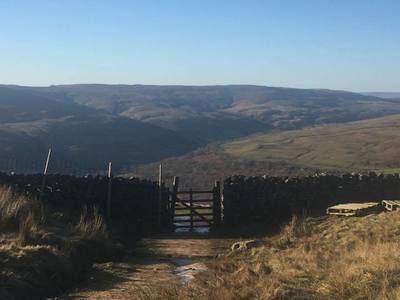
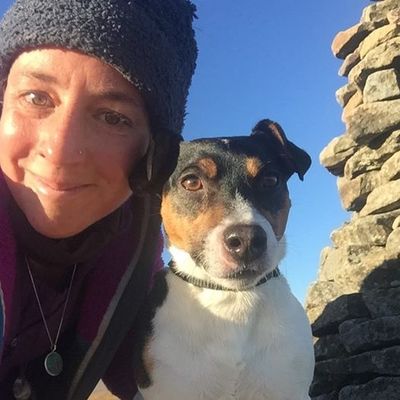

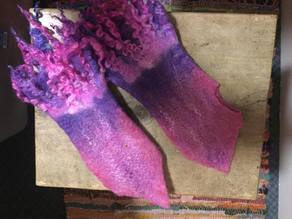
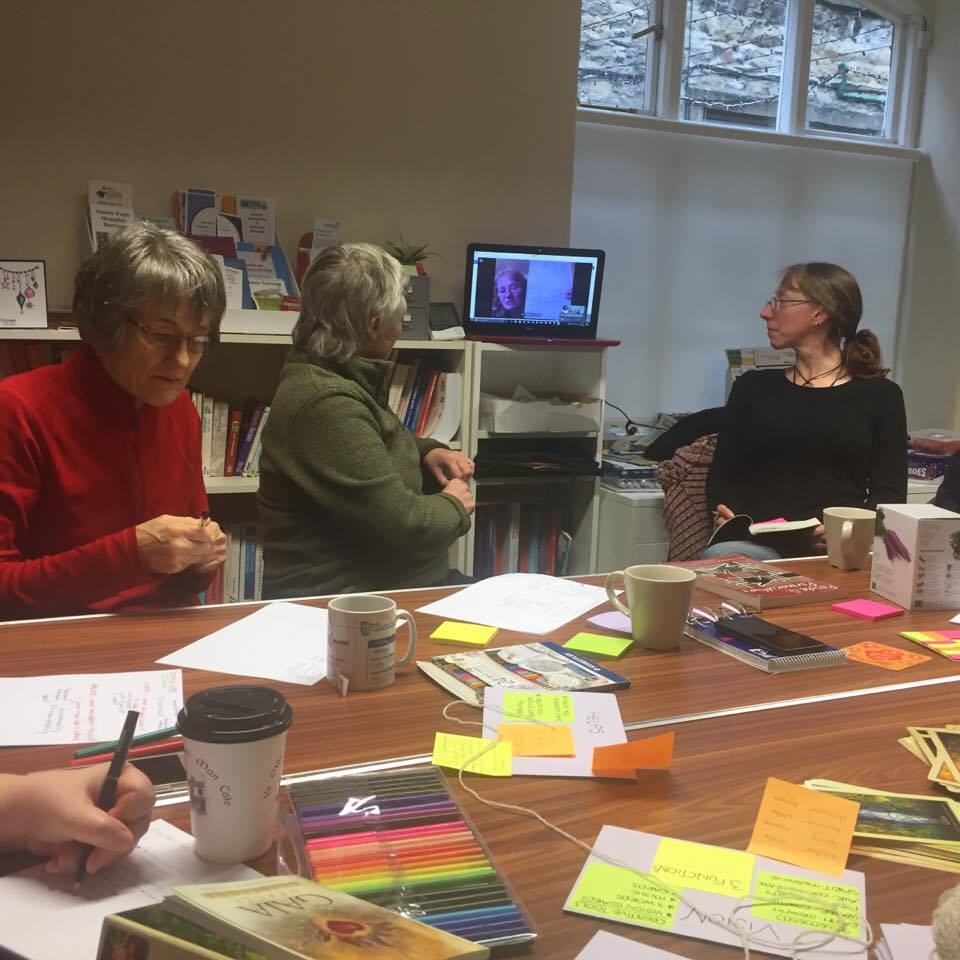
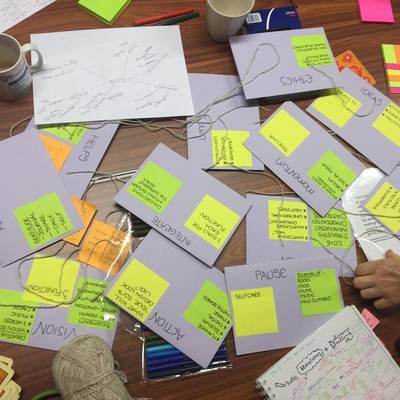
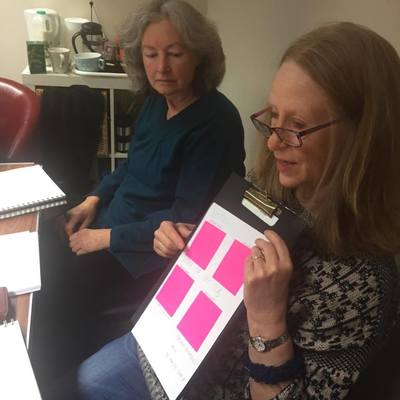
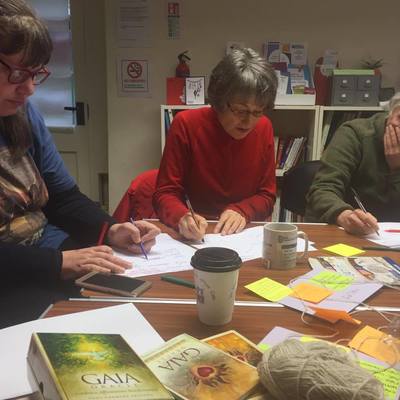
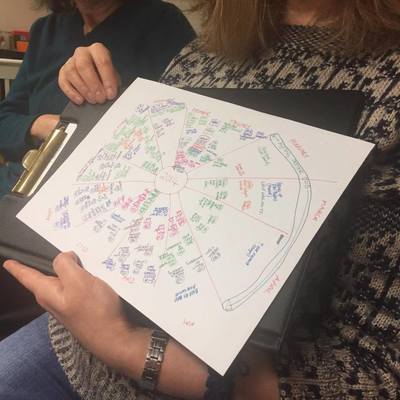
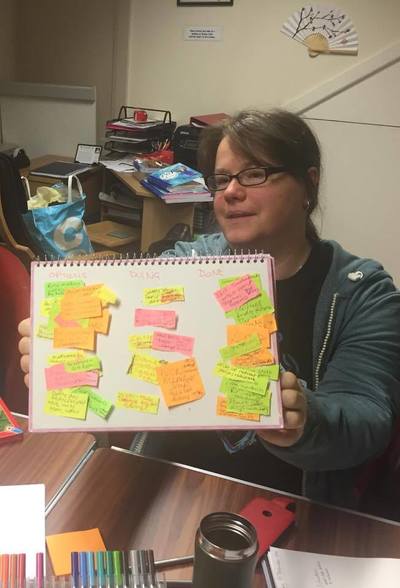
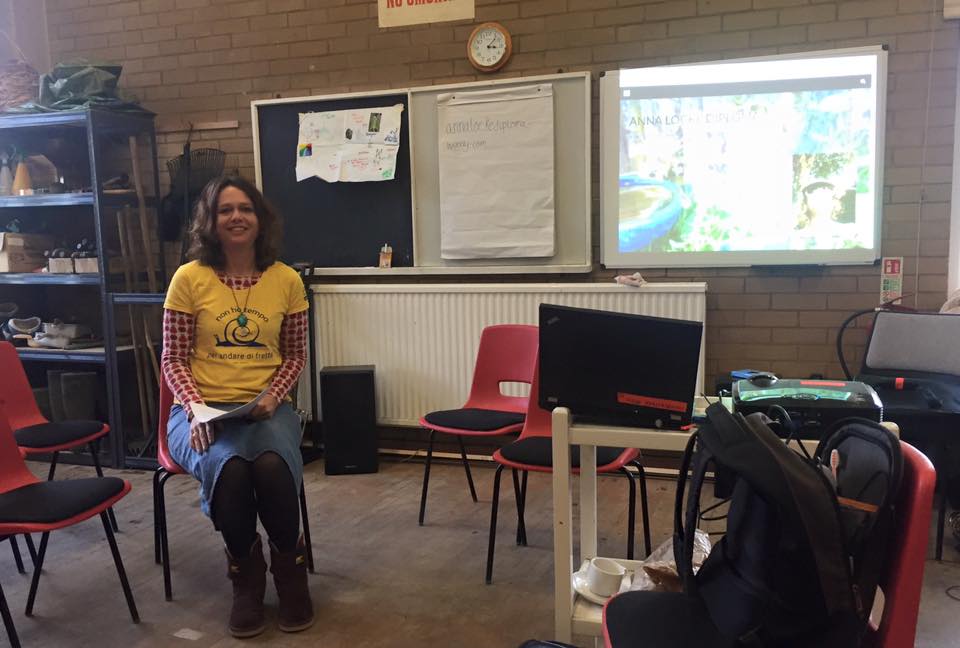
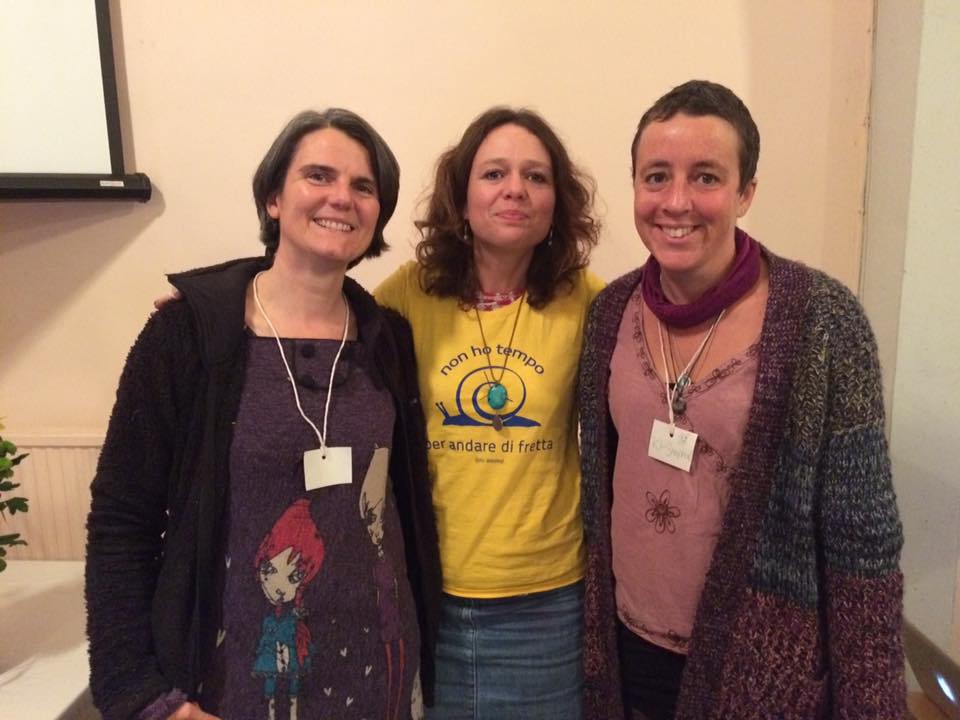

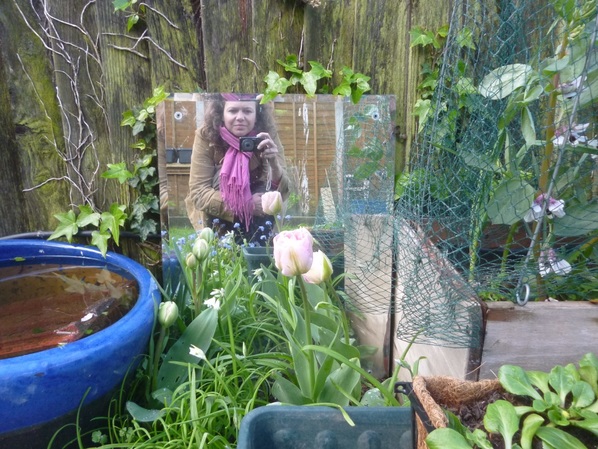
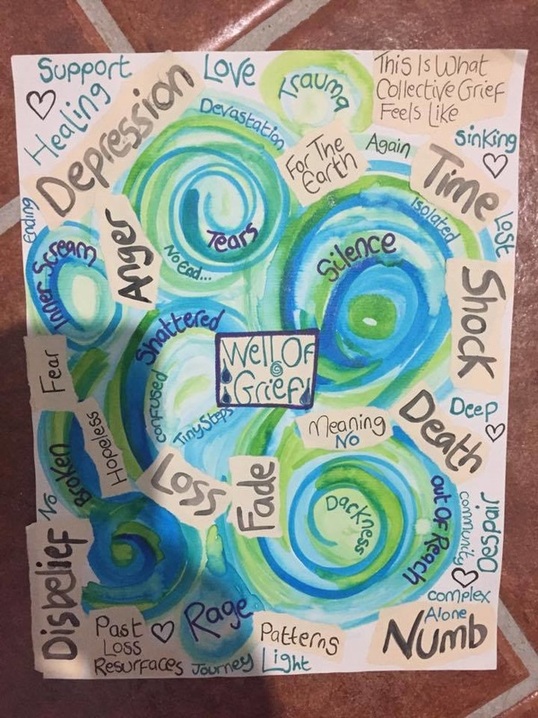
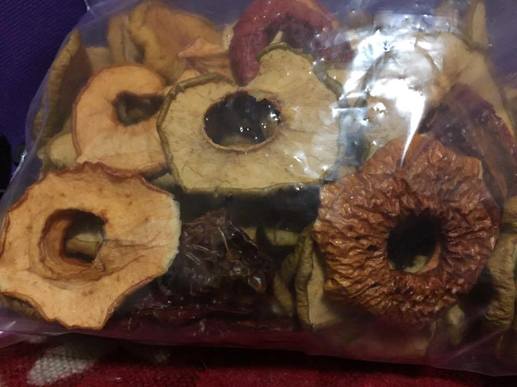
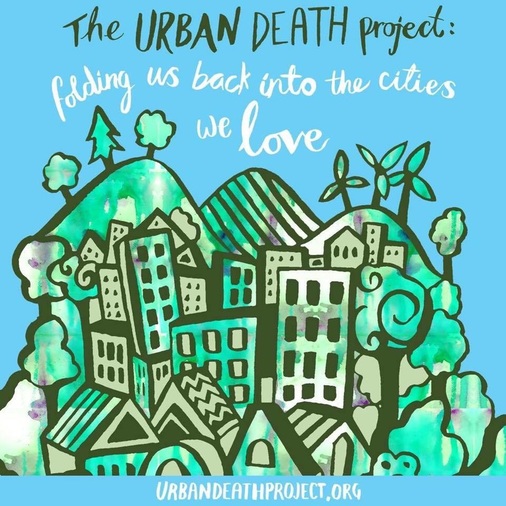
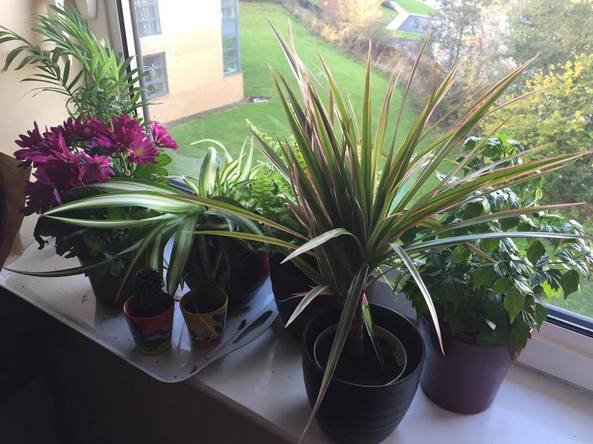
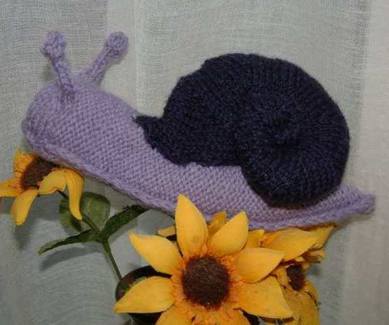
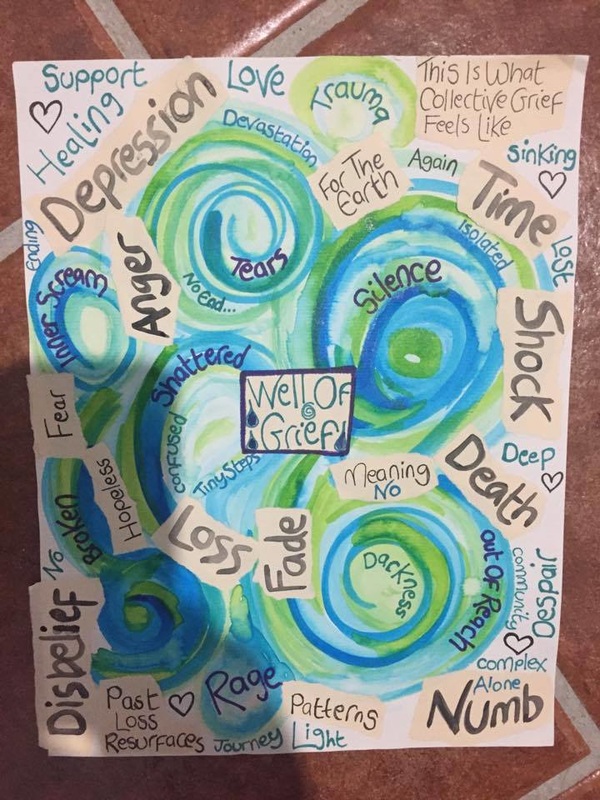
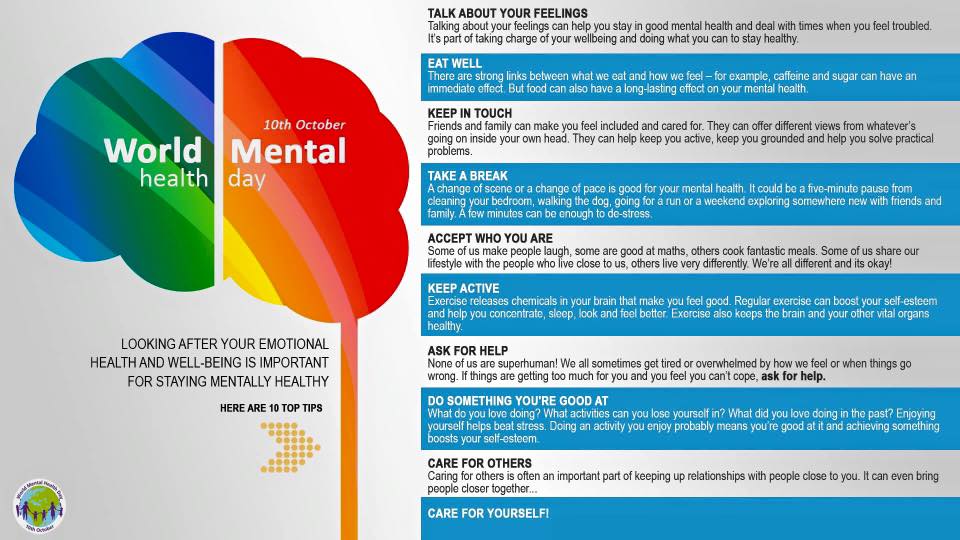
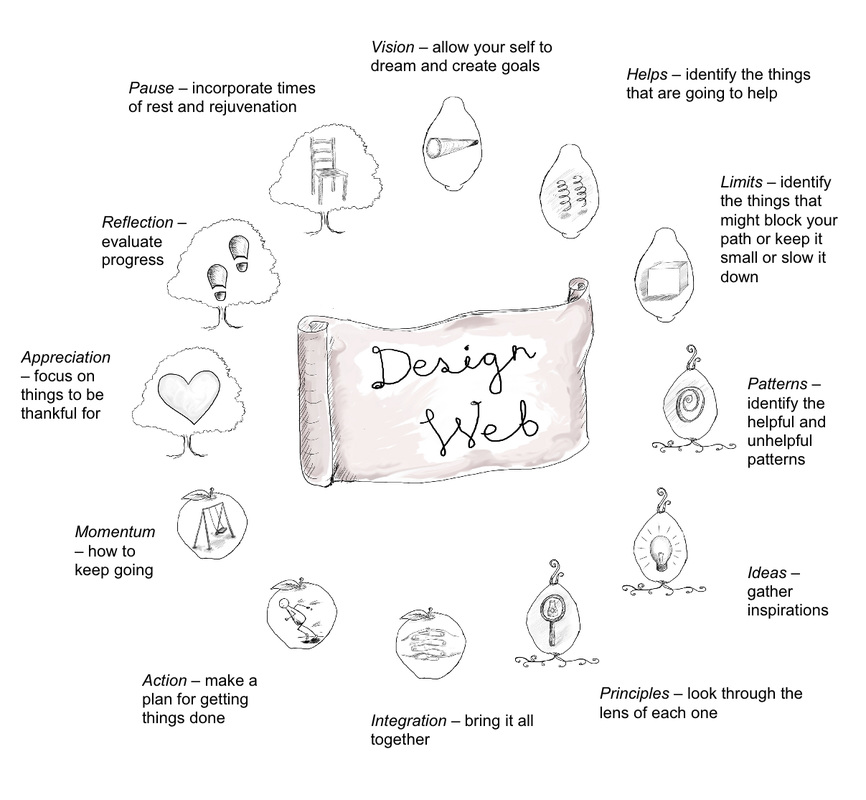
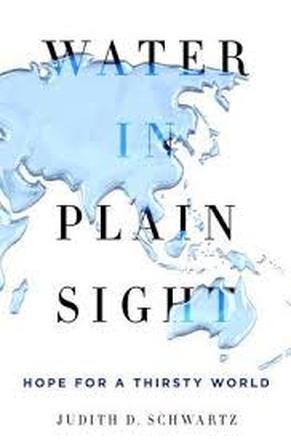
 RSS Feed
RSS Feed